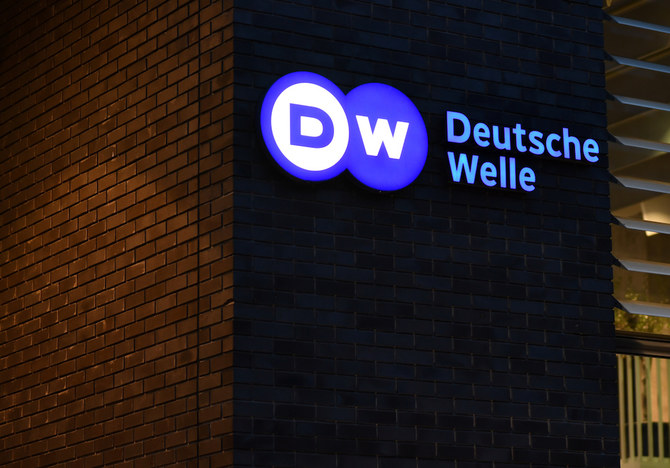LONDON: The Radio and Television Supreme Council (RTUK), Turkey’s media and telecom regulator, has given three international broadcasters 72 hours to obtain broadcast licenses or have their content blocked in Turkey.
The three outlets were the France-based outlet Euronews, the US broadcaster Voice of America, and German public broadcaster Deutsche Welle.
Ilhan Tasci, the member of the RTUK board who announced the decision yesterday, condemned the move on Twitter, calling it a further assault on media freedom in Turkey.
“A decision was taken by a majority of votes that 72 hours be granted to the websites of amerikaninsesi.com, dw.com/tr, and tr.euronews.com to get licenses,” Tasci said.
This is thought to be the first time that RTUK has used its regulatory power over online news outlets.
The Committee to Protect Journalists has condemned the decision and urged Turkish authorities to allow all news outlets to work freely without subjecting them to regulations, harassment or censorship.
“The Turkish media regulator’s reported ultimatum issued to Euronews, Voice of America, and Deutsche Welle is worrying and could severely limit their ability to work in the country,” said Gulnoza Said, CPJ’s Europe and Central Asia program coordinator.
“News outlets should not have to guess at the government’s licensing requirements; the RTUK must immediately disclose any changes affecting those broadcasters and give them ample time to comply with new policies.”
Deutsche Welle reported that it was aware of news reports about the decision but had not received any formal notice from the regulator.
The powers given to RTUK in August 2019 allow it to impose fines, suspend broadcasting for three months or cancel broadcast licenses if the licensees do not follow its requirements.
In October 2020, RTUK required the music streaming service Spotify to apply for a license, and similarly gave the company 72 hours to comply.












